In Part 2 of her blog, Irene Zampin writes about her experience of school, training and working life in Italy after she went to live in Italy with her parents and brother in 1967.
As I already mentioned in Part 1, it was rather hard for me to get used to the new way of living in Italy. We arrived in Riese Pio X in June 1967 and immediately went to live in our uncle’s house. My uncle owned a bakery and
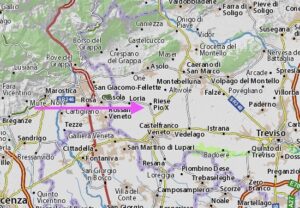
fortunately was well off and that meant that he had a toilet in the house.
Certainly, it was a shock for me since I had never seen a Turkish toilet and did not know how to deal with it but the choice was that or the stable! What I really enjoyed during my stay there was those hot bread rolls with Nutella that my aunt would prepare for me.
It didn’t take me long to make friends since I immediately got along with my cousins who were around my age and since everybody knew everyone in the village, in a short time I met other cousins and friends that lived nearby. They were all very nice to me and most curious to know how it was in America (that’s how they use to call Australia). Riese wasn’t a big town in those days and most of the old people were farmers. The children of my age would attend the compulsory schooling and then go to work since there still was poverty in some families.
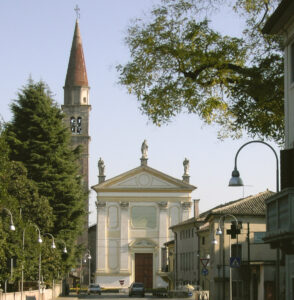
As days went by, I realized that Italy wasn’t what I imagined and that life here was absolutely different from Australia. The girls of my age were much more free and would go out by themselves without having problems with their parents whilst I had to beg them and then explain all my movements. My parents were surprised to see the rapid evolution in Italy and found it hard to adjust to the Italian way of living. This caused me lots of tears and loneliness.
I became a problem for my parents. My brother, Dennis, who was 10 years old, immediately settled in but what could Irene do? To know English was a great advantage for me because it was needed for business in those years, 1960/1970 and not many people spoke it correctly. The problem was: my Italian. I had no real experience with the Italian language. I spoke a mixture of Veneto dialect with Italianized English words in between. What a mess! Every town in Italy has their dialect and it could completely change in every region so you need to know Italian, especially for business with other countries.
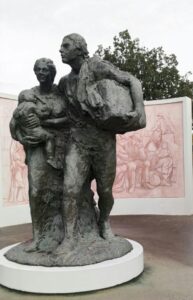
After we arrived I immediately started to have private Italian lessons for the few months before school. The term began in September and I was enrolled in 2nd year at Riese Secondary School for a few months and then passed into 3rd year at the end of the school year.
I used to go to school by foot whilst my brother could easily get a ride on a cart pulled by a donkey; certainly not suitable for a young teenager as I was! This year was so embarrassing for me since I was 2 years older than my classmates and I looked bigger since I was rather tall and chubby. They often made fun of me and I had to put up with their teasing. It was certainly a sad period for me and at 15 years old, life seemed to be most miserable. Certainly, this school was nothing like St. Joseph’s: no nuns, no marching, no tuck shop, no close friends, etc. But fortunately there was no milk break!
Finally, school ended in June 1968 – yet I still needed to improve my Italian and reluctantly I had to continue my studies for another three years (1968 to 1971) at Castelfranco Veneto, at the “Besta” Secretary Institute.
To reach the school I used to catch a bus with my Canadian friend who was also attending the same course. All the way along we loved chatting in English and this made us feel smarter. My classmates loved my Italian with an English accent and often would imitate me in a friendly way. It was worthwhile being my friend as I was valuable to them since I often corrected their English homework.
I was doing well with my school subjects but still my Italian wasn’t enough good. More than once I had to write my Italian tests in English because my teacher had the doubt whether it was a question of language or ignorance. Fortunately, the problem was then resolved by our headmaster who was also our English teacher. At this point, I must say that during these three years I received a lot of help and passed my Italian tests satisfactorily.
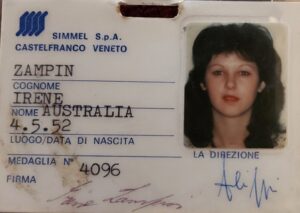
Even if these extra years of study were tough, at the end they helped me to find a good job as an interpreter at Simmel Spa situated in Castelfranco Veneto. The principle manufacture was track chains and other parts necessary for tractors, such as Caterpillar, John Deere, etc. These were mostly exported to the USA, Canada, Germany, and other countries.
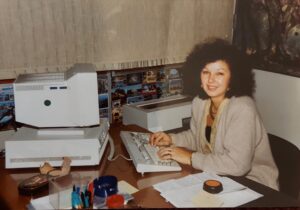
I enjoyed my job for 29 years and had the chance to meet other international people. Just a small anecdote: In 1976 I was pregnant with my first child and guess who replaced me when I was on maternity leave? Elizabeth Pastro, another Australian friend who had been born in Adelaide, and whose parents had returned to live in Riese in 1969. Elizabeth also worked in the same factory for many years and it was thanks to our English that we were both employed for a long time.

The hard part of my early time in Italy was to talk about my problems and feelings. I thought none of my friends could understand since they were all Italian native-born. When writing to my sister I often had the instinct to tell her how I really felt here but then I could imagine how she also felt without her family nearby and I didn’t want to create problems for her. I must say that I cried a lot over Australia and it took me years to go beyond this homesickness.
Still now, people understand that I’m not an Italian native because of my English accent. Well, I am proud that I still remain an Australian citizen.
Irene Zampin
17 April 2022
Easter greetings to you all! The next blog will be published on 8 May 2022.
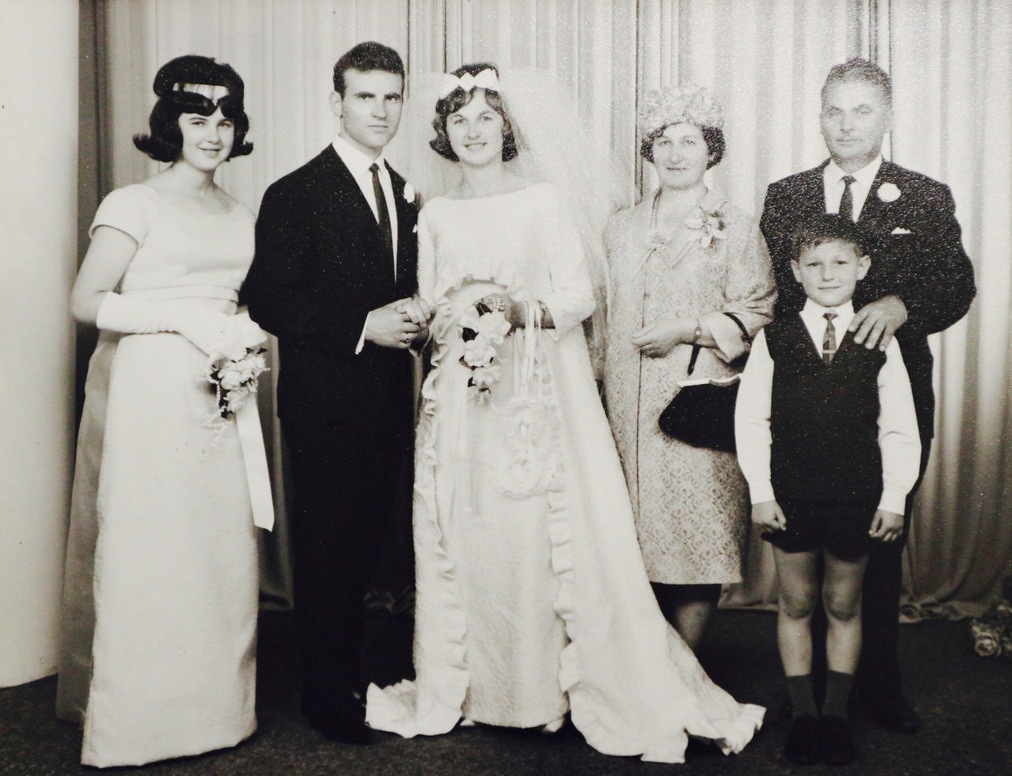
So interesting to read about the problems you faced Irene.
Your Aussie neighbour Lina Campagnaro (nee Ballestrin) Norina’s sister